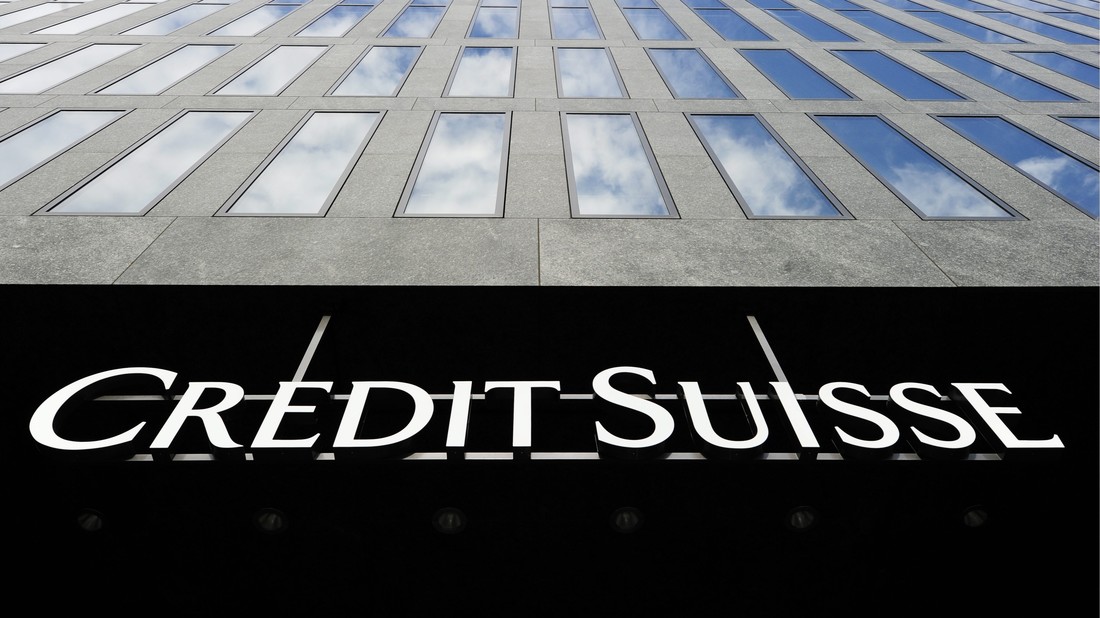|
Sometimes a debt can feel like an elephant is on our backs. One such debt is an outstanding tax debt, which is about to feel more burdensome due to the new program the IRS initiated to collect outstanding tax debts.
Starting this April 2017, the Internal Revenue Service will begin sending letters to taxpayers whose overdue federal tax accounts are being assigned to private-sector collection agencies. Those PCAs are:
How the Program Works The IRS will always notify a taxpayer before transferring their account to a private collection agency (PCA). First, the IRS will send a letter to the taxpayer and their tax representative informing them that their account is being assigned to a PCA and giving the name and contact information for the PCA. This mailing will include a copy of Publication 4518: What You Can Expect When the IRS Assigns Your Account to a Private Collection Agency. Only four private groups are participating in this program:
Once the IRS letter is sent, the designated private firm will send its own letter to the taxpayer and their representative confirming the account transfer. To protect the taxpayer’s privacy and security, both the IRS letter and the collection firm’s letter will contain information that will help taxpayers identify the tax amount owed and assure taxpayers that future collection agency calls they may receive are legitimate. The private firms are authorized to discuss payment options, including setting up payment agreements with taxpayers. But as with cases assigned to IRS employees, any tax payment must be made, either electronically or by check, to the IRS. A payment should never be sent to the private firm or anyone besides the IRS or the U.S. Treasury. Checks should only be made payable to the United States Treasury. Private firms are not authorized to take enforcement actions against taxpayers. Only IRS employees can take these actions, such as filing a notice of Federal Tax Lien or issuing a levy. Watch Out – Scammers Are Still Scamming! The IRS reminds taxpayers to be on the lookout for scammers posing as private collection firms. The IRS will be watching for these schemes as the collection program begins, and this effort will include working with partners in the tax community and law enforcement about emerging scams. People should remember that these private collection firms will only be calling about a tax debt the person has had – and has been aware of – for years and had been contacted about previously in the past by the IRS. If you’re unsure if you have a tax debt outstanding, check it here: www.irs.gov/balancedue. Simply click the 'View Your Account' link and follow the instructions. If the account balance says zero, that means nothing is due and you typically wouldn’t be getting a contact from the IRS or the private firm. Call for Help! If you need a CPA or a tax/accounting professional to assist you with any tax debt, accounting, bookkeeping, tax preparation, payroll management, or a just simply being your 'One-Stop-Shop' CPA, Tax Largie, Inc. is available to assist. Contact Us; We Can Help! In a Bloomberg article credited to Jan-Henrik Foerster and Joost Akkermans “Credit Suisse Taken by Surprise in Five-Nation Tax Probe”, reminds us that it is a really good idea to report your Foreign Accounts. Here are some of the highlights of the article.
Credit Suisse Group AG and its home country of Switzerland were surprised by a tax evasion and money laundering investigation that spans five countries from Australia to the U.K. and potentially involves thousands of account holders. Criminal investigations are also underway in France, Germany, the U.K. and Australia, and the roles of bank employees are part of the inquiries. Credit Suisse fell 1.2 percent to 14.90 francs in Swiss trading, the second-worst performance in the Bloomberg Europe Banks Index. (Ouch!) In a statement Friday from Zurich, Credit Suisse said it has “implemented Dutch and French voluntary tax disclosure programs and exited non-compliant clients,” and has applied a withholding tax agreement with the U.K. since 2013. (Wow!) Credit Suisse was fined $2.6 billion in 2014 after admitting it helped Americans cheat on their tax obligations, and conducting what then-U.S. Attorney-General Eric Holder called a “shamefully inadequate internal inquiry” into the wrongdoing. In Europe, Credit Suisse agreed in October to pay about 109.5 million euros ($117 million) to Italian authorities to resolve a probe into the bank’s use of insurance policies allegedly designed to help clients evade taxes, five years after paying 150 million euros to settle a tax evasion dispute with the German government. The bank also agreed in December to pay a $2.48 billion civil penalty to resolve a U.S. investigation into its mortgage-backed business. Credit Suisse isn’t alone. Eighty Swiss banks have entered into non-prosecution agreements with the Department of Justice in return for disclosing details on how tax evasion by their banking clients worked. UBS Group AG, Switzerland’s largest bank, turned over client names and paid $780 million in 2009 to settle its own dispute over tax evasion with the U.S. government. “Taskforce agencies are working through their intelligence to determine the taxpayers in this group who have done the right thing, and those who have been concealing the true nature of their tax affairs,” Australia’s Minister for Revenue and Financial Services Kelly O’Dwyer said in a statement. “The message from these investigations makes it clear that governments worldwide are shining a light on offshore tax evasion, and it’s only a matter of time before you’re in the spotlight.” In other words, you’ve been warned. |
Archives
January 2023
Categories |


 RSS Feed
RSS Feed